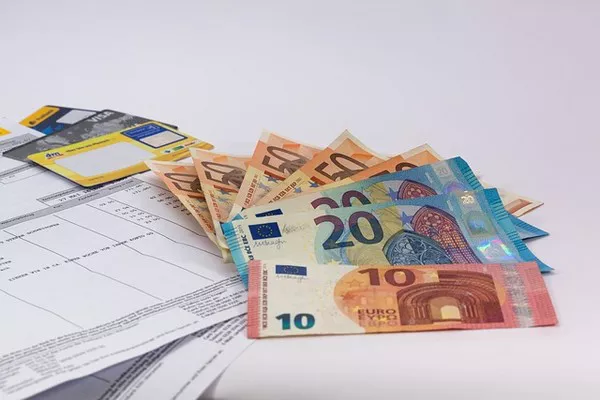Currency exchange rates are subject to constant fluctuation, influenced by various economic and geopolitical factors. For individuals or businesses involved in international transactions, the question of when to exchange euros can have significant financial implications. Waiting for the right moment to convert euros into another currency, like US dollars, or vice versa, can potentially yield higher returns or savings. However, predicting currency movements accurately is challenging, and there are pros and cons to both waiting and acting swiftly. This article delves into the considerations of timing currency exchanges and offers insights to help you make informed decisions.
Understanding Exchange Rates
Exchange rates represent the value of one currency relative to another. They are determined by supply and demand dynamics in global foreign exchange markets. Factors influencing exchange rates include interest rates, inflation rates, economic performance, political stability, and market sentiment. Changes in these factors can cause currency values to fluctuate, sometimes dramatically.
For example, if the Eurozone economy shows signs of improvement compared to the United States, the euro may strengthen against the dollar, meaning it takes fewer euros to buy one dollar. Conversely, if the US economy is performing better, the dollar may strengthen against the euro, increasing the number of euros needed to buy one dollar.
Factors Affecting Currency Exchange Decisions
Economic Data and Events: Major economic indicators such as GDP growth, inflation rates, employment data, and central bank policies can influence currency movements. Economic events like elections, trade agreements, or geopolitical tensions can also impact exchange rates.
Interest Rates: Higher interest rates in a country can attract foreign investment, increasing demand for that country’s currency and potentially strengthening it relative to others.
Inflation: Countries with lower inflation rates generally see appreciation in their currency value compared to countries with higher inflation.
Market Sentiment: Speculation and market sentiment can lead to short-term fluctuations in exchange rates, often driven by news, rumors, or unexpected events.
Pros and Cons of Waiting to Exchange Euros
Pros:
Potential for Better Rates: Waiting for favorable exchange rates can lead to more euros being converted into another currency or vice versa, maximizing the value of the transaction.
Economic Trends: Monitoring economic trends and data can provide insights into future currency movements, helping to time exchanges more effectively.
Cons:
Uncertainty: Exchange rates are notoriously difficult to predict accurately. Waiting for rates to improve can backfire if the market moves unfavorably.
Opportunity Cost: Delaying currency exchange exposes individuals or businesses to the risk of missing out on current advantageous rates.
Strategies for Timing Currency Exchanges
Utilize Forward Contracts: For businesses with known future currency needs, forward contracts allow locking in an exchange rate for a future date, reducing uncertainty.
Monitor Economic Indicators: Stay informed about economic releases and geopolitical developments that can influence exchange rates. Websites of central banks, financial news outlets, and economic research firms can provide valuable insights.
Consult with Currency Experts: Financial advisors or currency specialists can provide personalized advice based on your specific situation and risk tolerance.
Diversification: Spreading currency conversions over time can mitigate the risk of adverse exchange rate movements.
Considerations for Individuals and Businesses
Transaction Size: Larger transactions may warrant more careful consideration and planning due to potential higher financial impact.
Urgency of Need: If immediate currency conversion is required for a transaction, waiting for better rates might not be feasible.
Risk Tolerance: Individuals or businesses with lower risk tolerance may prefer to minimize exposure to currency fluctuations by converting funds promptly.
The Role of Speculation vs Hedging
Currency exchange decisions can involve both speculative and hedging motives. Speculators aim to profit from short-term currency movements based on market predictions. In contrast, hedgers use currency exchange tools to mitigate risks associated with currency fluctuations, ensuring stability in international transactions.
See Also Will Any Country Leave the Eurozone?
Conclusion
Deciding whether to wait to exchange euros involves weighing potential benefits against risks and uncertainties. While attempting to time the market perfectly is challenging, staying informed about economic trends and utilizing risk management strategies can help individuals and businesses make more informed and strategic currency exchange decisions. Consulting with financial professionals and staying vigilant about market developments are key steps in navigating the complexities of currency exchange timing. Ultimately, the best approach depends on individual circumstances, risk tolerance, and financial objectives.


